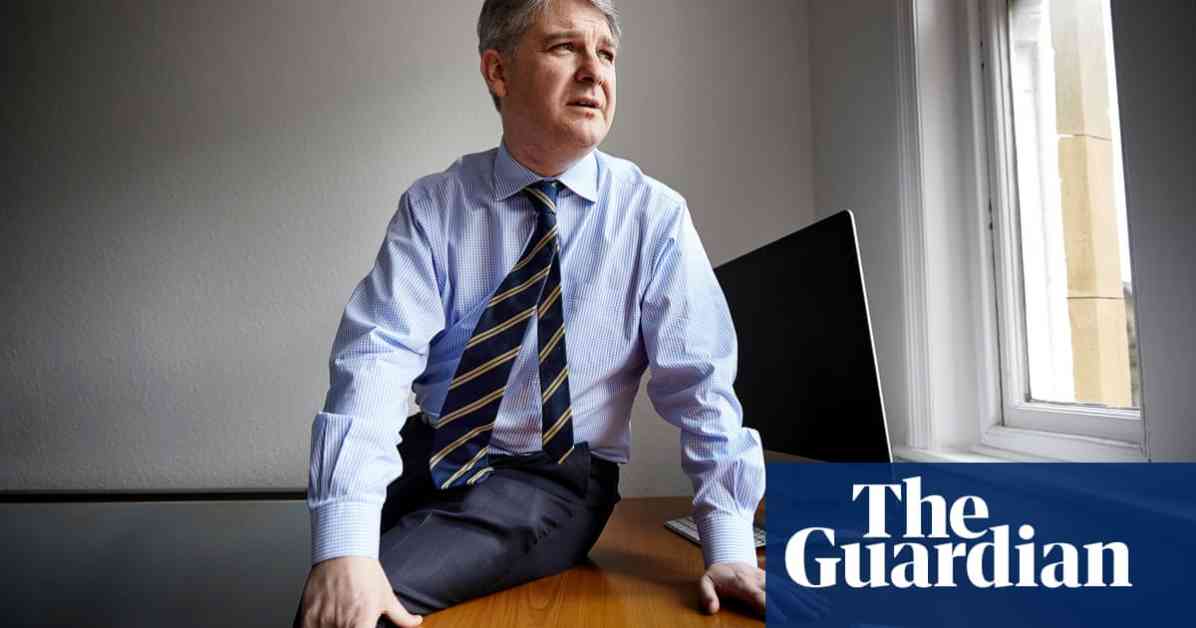As the Conservative party faced possible defeat in the upcoming election, Philip Davies MP took steps to secure his future by incorporating a new company called Nessen Ltd, focused on management consultancy. This move was part of a trend among Tory MPs, with at least a dozen of them setting up their own consultancy or public relations businesses in 2024, according to Guardian analysis. While there is no suggestion of wrongdoing, the filings at Companies House indicated that many MPs were preparing for potential new earning opportunities post-politics.
For example, Julian Knight, a former Conservative MP who had been suspended from the party, established DWR174 Consulting Ltd on the same day Rishi Sunak announced the election. Similarly, Marcus Fysh and William Wragg set up their own consultancy firms in preparation for life after politics. The details of MPs’ plans for work outside of politics have come to light as the new Labour government aims to introduce legislation tightening the rules around MPs’ second jobs.
The Advisory Committee on Business Appointments (Acoba) monitors MPs’ post-political work to ensure there are no conflicts of interest or misuse of privileged information. The committee advises senior politicians on roles they can take after leaving office. MPs like Ben Wallace, Alok Sharma, Stephen Hammond, and others have set up management consultancies or consulting firms to explore new opportunities outside of public service.
While some MPs had already incorporated businesses before the election, others did so after losing their seats. For instance, Amanda Solloway, Mark Jenkinson, and Anthony Browne started their own companies shortly after the election results. Even Labour MP Khalid Mahmood established his own consultancy firm, KN Strategic Solutions, to receive fees as a senior fellow at a think tank.
Incorporating a company is a common practice for freelancers to receive fees in a tax-efficient manner. The trend of MPs setting up consultancy firms showcases their efforts to secure future earning opportunities and transition into new roles after leaving politics. This move also reflects the changing landscape of post-political careers and the need for MPs to adapt to new challenges and opportunities beyond public service.












